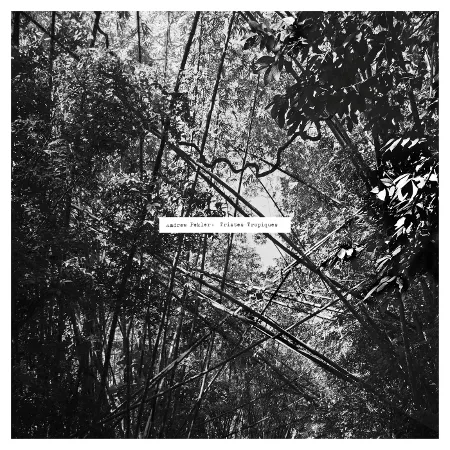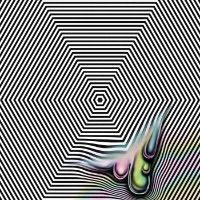- LP
- Recommended
- Back In
Andrew Pekler
Tristes Tropiques
Faitiche
- Cat No: FAIT14LP
- updated:2024-02-01
悲しき熱帯。個人的にも信頼しているベルリンのユニークな電子音楽家アンドリュー・ペクラーの新作到着しました!ヤン・イエリネックのレーベル〈FAITICHE〉から。
ヤン・イエリネックによるインタビューを転載します。
https://andrewpeklerfaitiche.bandcamp.com/album/tristes-tropiques"> Jan Jelinek: You’ve titled your album Tristes Tropiques ? a reference to Claude Lévi-Strauss’ famous account of his travels among native peoples in the Mato Grosso. If I remember correctly, the book can be read in two ways: as an ethnographic study of indigenous Brazilian tribes, and as a critique of anthropological methods. What exactly about Tristes Tropiques inspired you? The melancholy travelogue, or the formation of a new, critical school of thought?
Andrew Pekler: Both. Lévi-Strauss’ constant reflection on the purpose of his work and the often melancholy tone of his writing constitute an internal tension which runs throughout the whole book. Tristes Tropiques is many things; autobiography, traveler’s tale, ethnographic report, philosophical treatise, colonial history. But ultimately, it’s the author’s attempt to synthesize meaning from fragments of his own and other cultures that resonated most strongly with me ? and led me to a new perspective on how I hear and make music.
JJ: Listening to Tristes Tropiques I noticed a certain oscillation between references, which is what I really like about it. Obviously, your music alludes to the beloved fairytale kitsch of exotica, but it also repeatedly shifts to a mode of ethno-poetic meditation music that seems to have no beginning or end. Where do you yourself locate the tracks gathered here?
AP: As a listener and as a musician, exotica music of the 1950s and 60s has always been a constant reference point and inspiration. And perhaps my listening has been ‘ruined’ by exotica, but as I have dug deeper into ethnographic archives of ‘traditional’ music, I’ve come to the realization that all recordings that evoke, allude to, or ostensibly document other musical forms have a similar effect on my imagination: I am most intrigued when I perceive some coincidentally familiar element within the foreign (a tuned percussion recital from Malawi that immediately brings to mind Steve Reichian minimalism, or the Burundian female vocal duet that sounds uncannily like a cut-up tape experiment, etc.). I suppose this album is an attempt to recreate the same kind of listening experience as what I’ve described, just with the electronic means that I have at hand.
JJ: I know that you perform Tristes Tropiques not only as music, and that there is visual and spatial aspect to the presentation. Can you reveal more about this?
AP: I made an accompanying video ? mainly close-up footage, shot in Thailand, of various tropical flora. The video was recorded at very slow speed and this gives the plants, flowers, trees, bamboo, etc. the appearance of rather abstract objects. In live performance, this abstracting effect is further emphasized through real-time modulation of the colors, brightness and other parameters of the video image. There is also an installation version of the video that is meant to be projected on multiple screens / walls and with its own soundtrack of heavily manipulated field recordings captured in the same locations in the jungle.
JJ: We can get an idea of what this looks like from the beautiful video stills on the back cover of the album.




ヤン・イエリネックと仕掛けた架空の女性電子音楽家ULSULA BOGNERやGROUPSHOW、〈ENTR'ACTE〉からのアルバム「The Prepaid Piano & Replayed」も素晴らしかったアンドリュー・ペクラーが3年の月日をかけ作り上げたニューアルバム。MASAYOSHI FUJITA & JAN JELINEK のアルバムに続いて〈FAITICHE〉から。ブラジルの内陸部の先住民を調査した構造主義の作家レヴィ=ストロースの名著「悲しき熱帯」をアルバム・タイトルに戴いていて、〈FAITICHE〉は、「An album of synthetic exotica, pseudo-ethnographic music and manipulated field recordings 」と説明する。空想的なスピリチュアルの世界でもあります。サウンド・トリップ。DOLPHINS INTO THE FUTUREのファンにも推薦! (サイトウ)